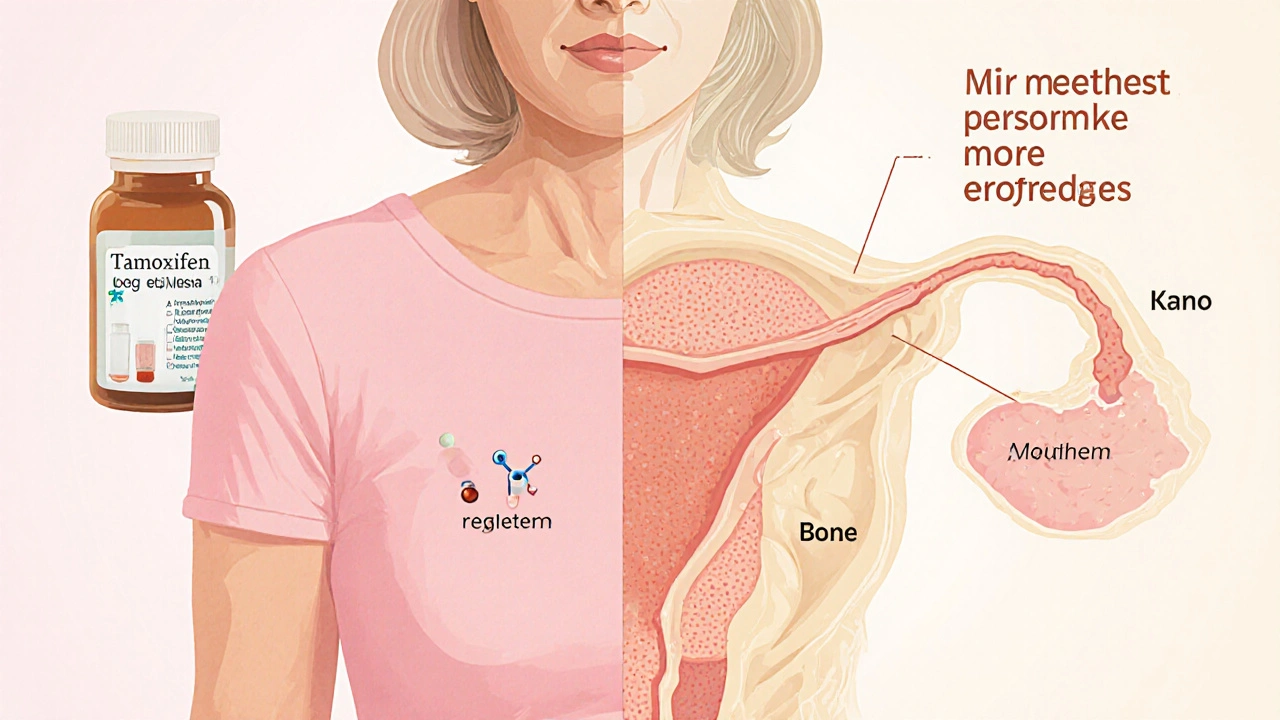Oncology: Practical guides on cancer treatment, side effects, and daily care
Cancer care isn’t only about chemo and scans — it’s about daily choices that keep you safer and more comfortable. Here we focus on clear, practical advice you can use today: how treatments affect your body, what to watch for, and smart questions to ask your team. If you’re a patient or caregiver, these posts are meant to make complex topics easier and more useful.
What you’ll find on this page
We cover real-world problems people face during cancer treatment. For example, oral health often gets overlooked even though it matters a lot. Our piece "Dental Care's Role in Multiple Myeloma" explains why dental checks matter before transplants, how to manage dry mouth and infections, and when to safe-proof dental procedures around low blood counts. That article gives actionable steps: schedule a dental exam before starting certain therapies, use alcohol-free mouthwash, tell your dentist about current meds, and avoid invasive dental work during neutropenia.
On the treatment side, targeted drugs work great — until they don’t. Our article "Anastrozole and Drug Resistance: The Latest Research and Developments" breaks down why some breast cancers stop responding to aromatase inhibitors like anastrozole. You’ll learn what resistance looks like (tumor growth despite therapy), which tests doctors may order (tumor biopsy or genomic tests), and current strategies to manage resistance: switching hormone agents, adding CDK4/6 inhibitors, or enrolling in trials for newer targeted drugs. That post explains the options clearly so you can discuss them with your oncologist.
Practical tips you can use
Start with small, concrete steps. Keep a treatment notebook with drug names, doses, and side effects — bring it to appointments. Ask your team whether vaccines, dental work, or supplements are safe given your blood counts. If you notice new symptoms (mouth sores, sudden fatigue, new lumps, or steady weight loss), report them promptly — early action often prevents bigger problems.
Think about coordination: cancer care often involves oncologists, dentists, pharmacists, and primary doctors. Share up-to-date medication lists with each provider. If you’re facing drug resistance, ask about genomic testing and clinical trials — many centers offer options beyond standard care. And for caregivers: small routines (hydration checks, medication reminders, oral care after meals) make a big difference in comfort and outcomes.
Want to read more? Start with the two featured posts above for focused guidance on oral health in multiple myeloma and the latest on anastrozole resistance. If you have a topic you want explained simply, tell us — we’ll prioritize clear, useful content that helps you make better decisions every day.

Cancer Chemotherapy Safety: How to Handle and Administer Antineoplastic Drugs Correctly
Learn the latest safety protocols for handling and administering chemotherapy drugs in 2025, including mandatory verification steps, proper PPE, home care risks, and how facilities are reducing errors and exposures.
Detail
Hepatocellular Carcinoma Surveillance and Treatment in Cirrhosis: What You Need to Know
Hepatocellular carcinoma is the most common liver cancer, mostly affecting people with cirrhosis. Regular 6-month ultrasounds can catch it early, when cure is still possible. Learn who needs screening, how it works, and what treatments are available today.
Detail
Tamoxifen vs Alternatives: Which Breast Cancer Drug Is Right for You?
A detailed comparison of Tamoxifen with its main alternatives, covering mechanisms, side effects, cost, and when each drug is preferred for breast cancer treatment.
Detail
Dental Care's Role in Multiple Myeloma
Dental care is crucial for patients with multiple myeloma due to their increased vulnerability to oral infections and complications. Understanding the specific oral health challenges faced by these patients can aid in maintaining their overall health. From managing medication side effects to regular dental check-ups, there's a lot involved in ensuring optimal oral health. This article delves into the connection between multiple myeloma and dental health, offering practical tips for patients and caregivers. Stay informed and proactive in managing oral health alongside cancer treatment.
Detail
Anastrozole and Drug Resistance: The Latest Research and Developments
In recent years, there have been significant advancements in the study of Anastrozole and drug resistance. Anastrozole is an effective treatment for hormone receptor-positive breast cancer, but unfortunately, some patients develop resistance over time. The latest research has been focusing on understanding the mechanisms behind this resistance, in order to improve treatment outcomes. Some promising findings include the identification of specific genetic mutations and cellular pathways that may contribute to resistance. As a result, researchers are now working on developing new therapeutic strategies to overcome these challenges and enhance the effectiveness of Anastrozole.
Detail




